The latest study published by Washington State University research professor Charles Benbrook finds that the use of herbicides in the production of three genetically modified herbicide-tolerant crops — cotton, soybeans and corn — has actually increased. This counterintuitive finding is based on an exhaustive analysis of publicly available data from the U.S. Department of Agriculture’s National Agriculture Statistics Service. Benbrook’s analysis is the first peer-reviewed, published estimate of the impacts of genetically engineered (GE) herbicide-resistant (HT) crops on pesticide use.
Source: enveurope.com
Read More: sustainablepulse.com
Abstract
Background
Genetically engineered, herbicide-resistant and insect-resistant crops have been remarkable commercial successes in the United States. Few independent studies have calculated their impacts on pesticide use per hectare or overall pesticide use, or taken into account the impact of rapidly spreading glyphosate-resistant weeds. A model was developed to quantify by crop and year the impacts of six major transgenic pest-management traits on pesticide use in the U.S. over the 16-year period, 1996–2011: herbicide-resistant corn, soybeans, and cotton; Bacillus thuringiensis (Bt) corn targeting the European corn borer; Bt corn for corn rootworms; and Bt cotton for Lepidopteron insects.
Results
Herbicide-resistant crop technology has led to a 239 million kilogram (527 million pound) increase in herbicide use in the United States between 1996 and 2011, while Bt crops have reduced insecticide applications by 56 million kilograms (123 million pounds). Overall, pesticide use increased by an estimated 183 million kgs (404 million pounds), or about 7%.
Conclusions
Contrary to often-repeated claims that today’s genetically-engineered crops have, and are reducing pesticide use, the spread of glyphosate-resistant weeds in herbicide-resistant weed management systems has brought about substantial increases in the number and volume of herbicides applied. If new genetically engineered forms of corn and soybeans tolerant of 2,4-D are approved, the volume of 2,4-D sprayed could drive herbicide usage upward by another approximate 50%. The magnitude of increases in herbicide use on herbicide-resistant hectares has dwarfed the reduction in insecticide use on Bt crops over the past 16 years, and will continue to do so for the foreseeable future.
Author
Charles M Benbrook





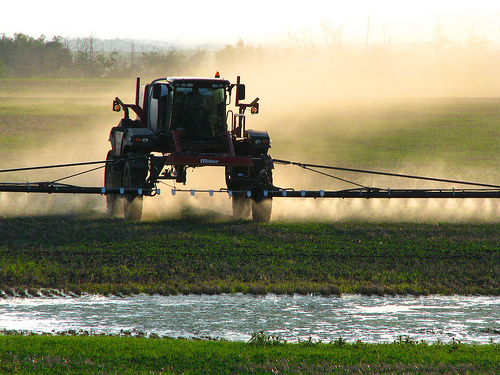
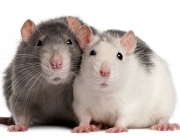


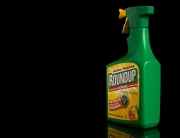







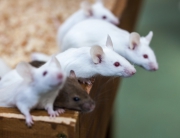
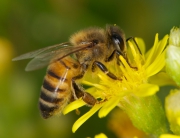
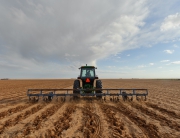







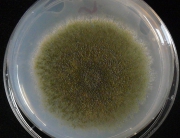
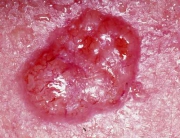

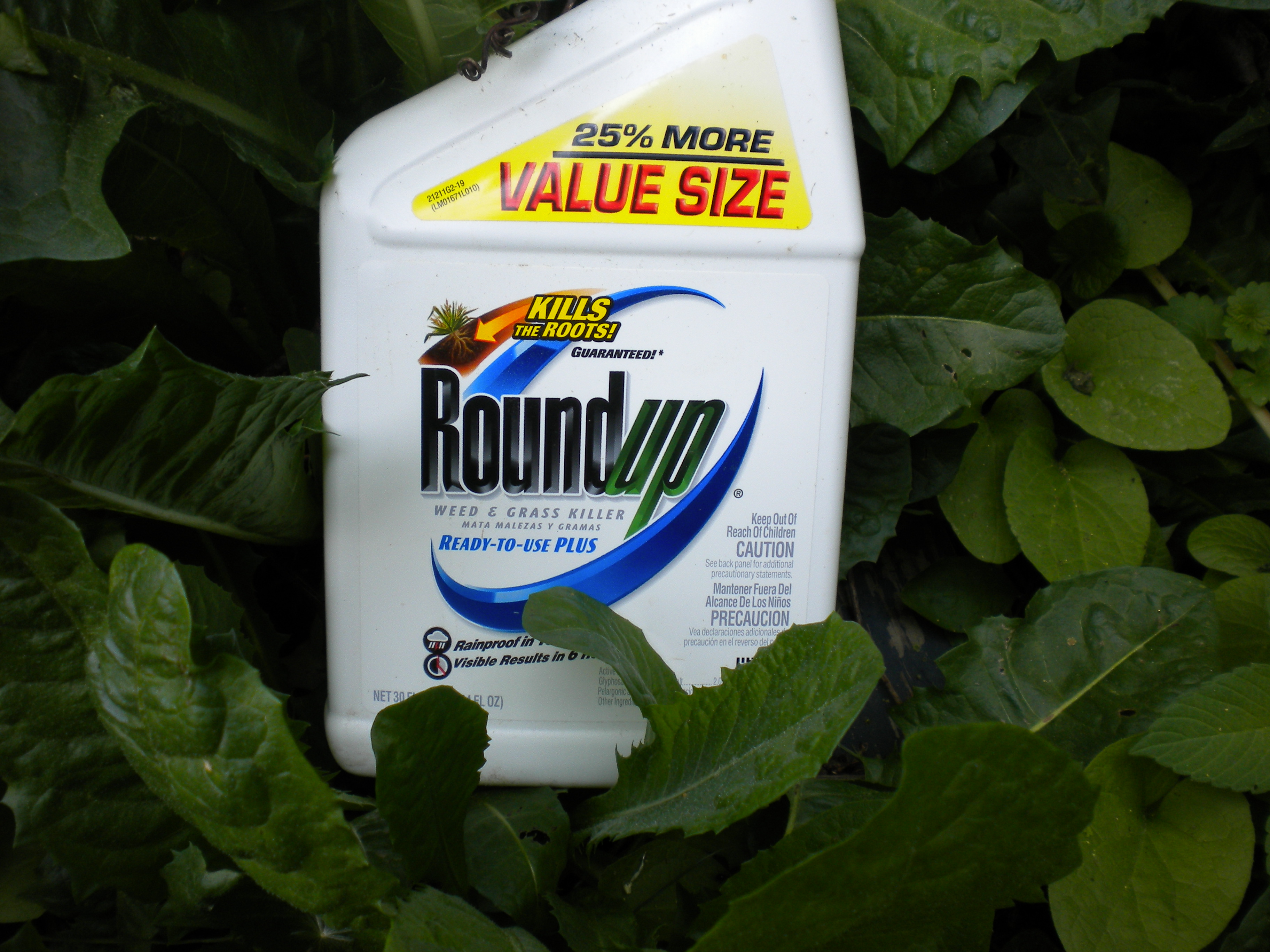
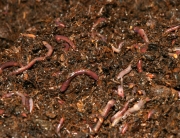
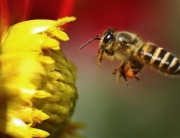






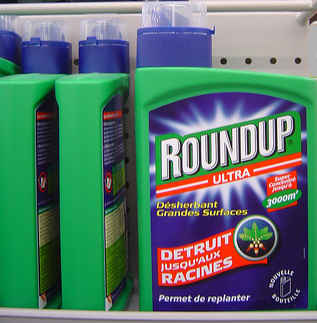
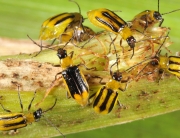
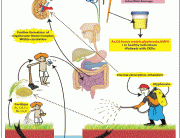
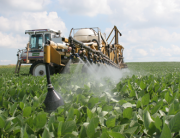
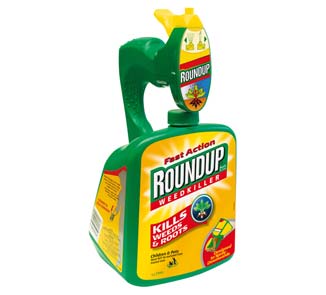
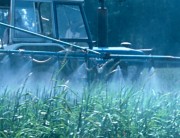
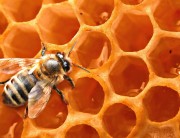

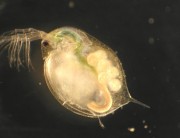
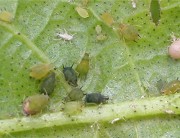

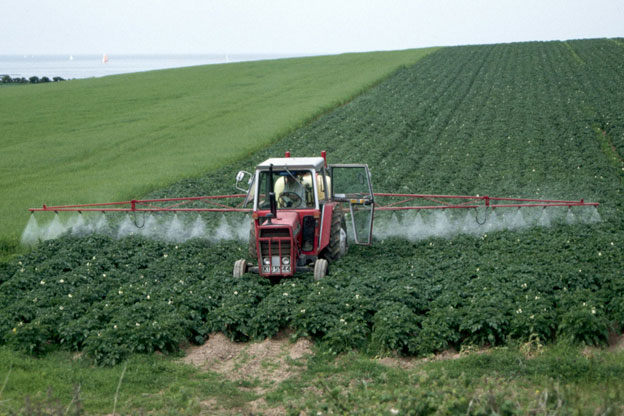

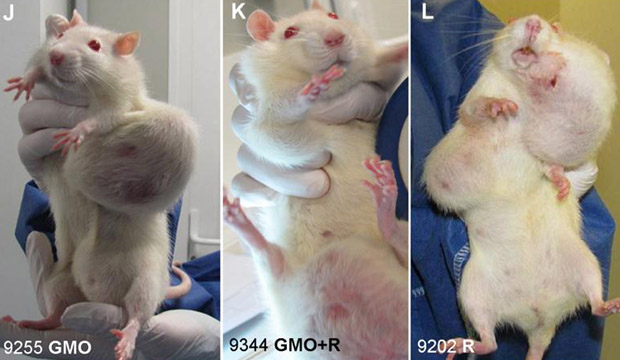
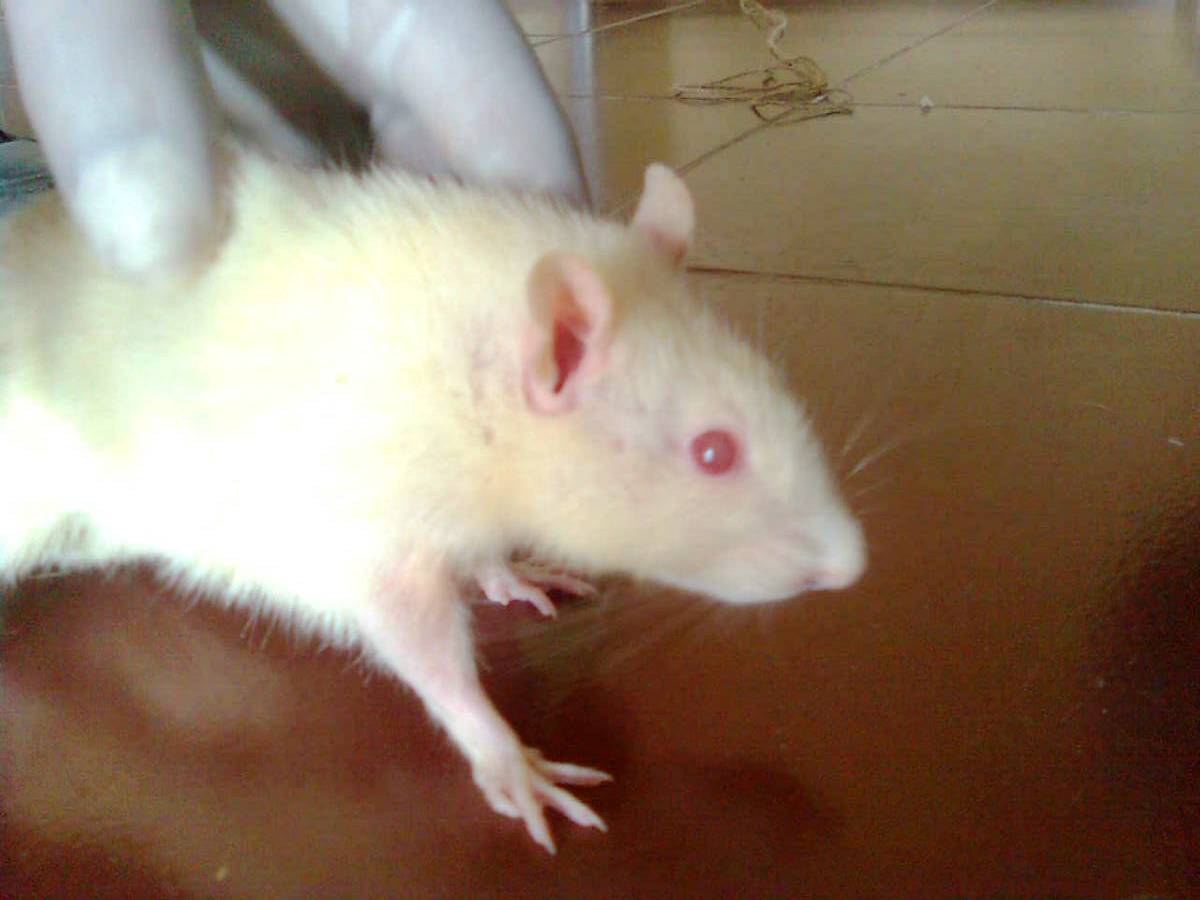

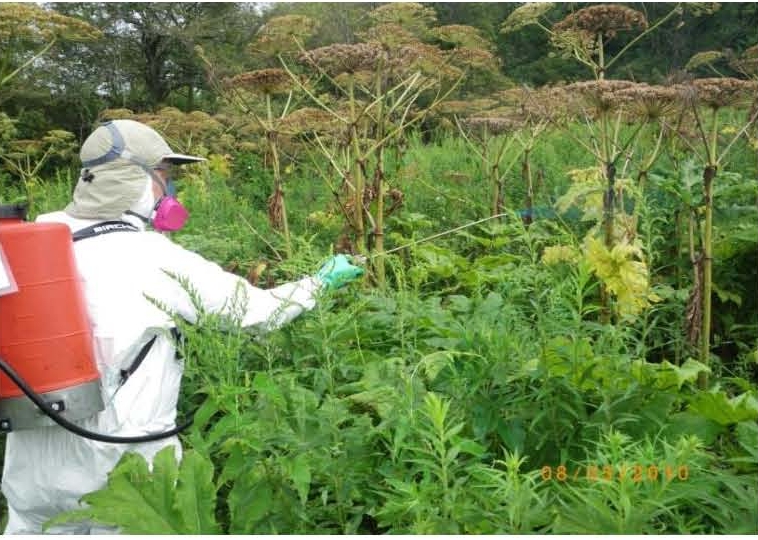


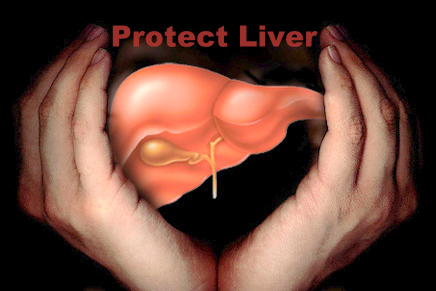
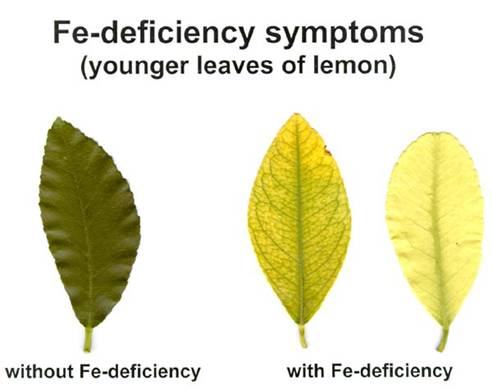
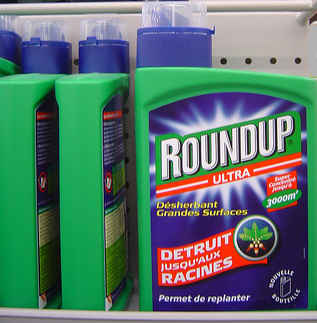
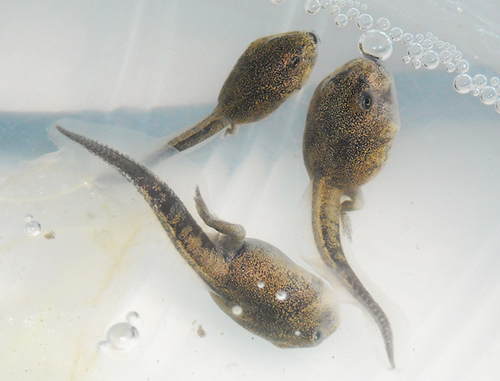
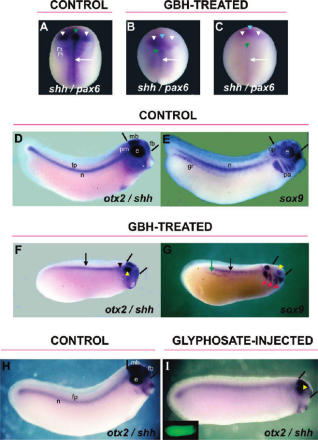
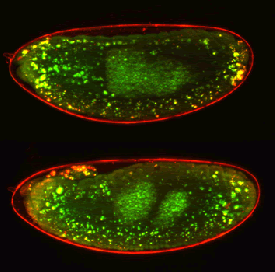
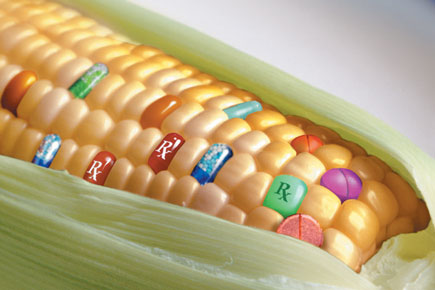



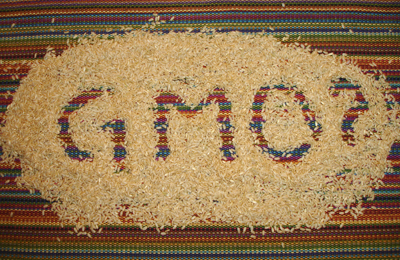
[…] latest study published by Washington State University research professor Charles Benbrook finds that the use of herbicides […]